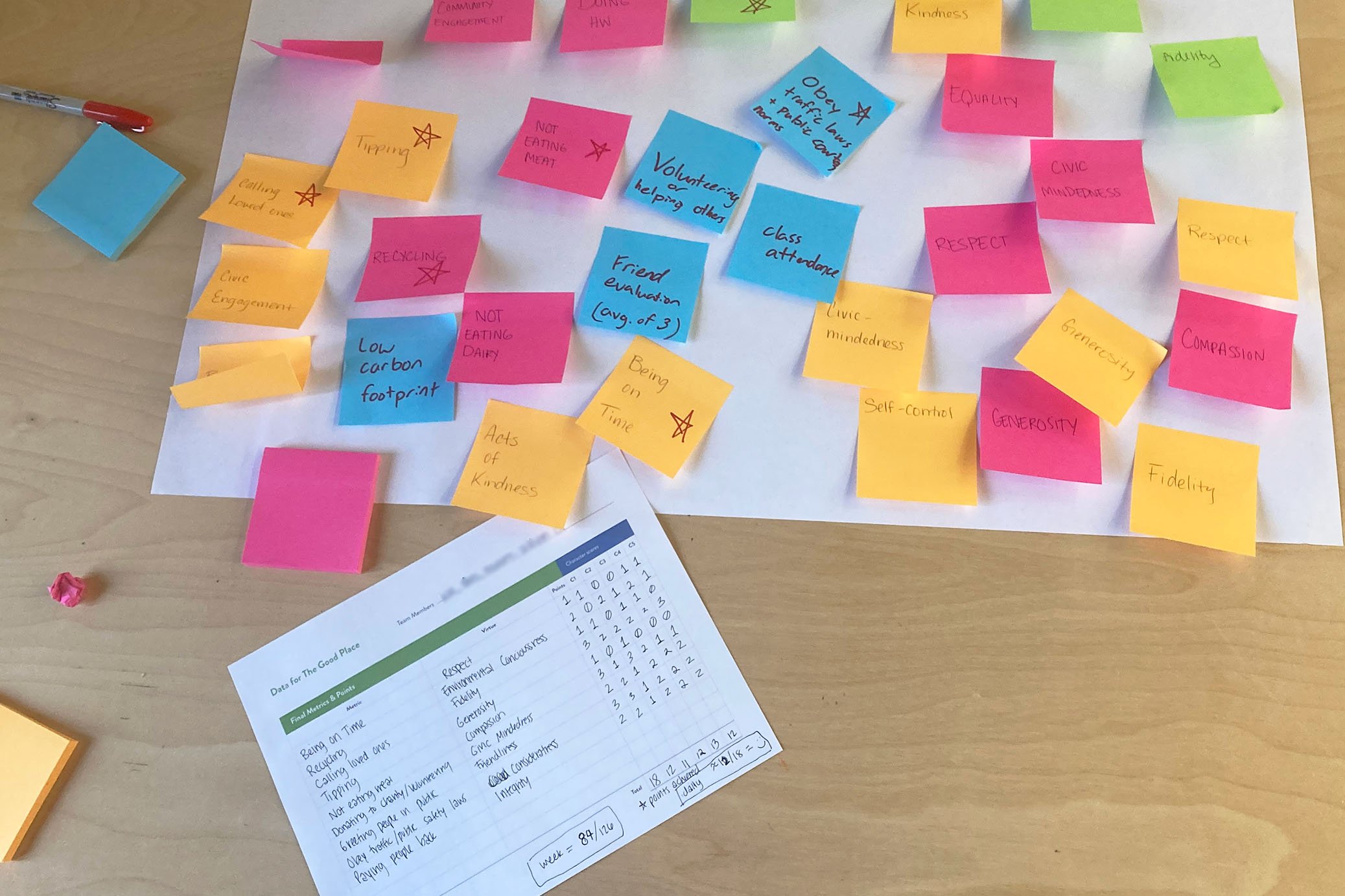Team Profile: An interview with Ethics Lab Postdoctoral Fellow Joel de Lara
Joel de Lara is a Postdoctoral Fellow at Ethics Lab, where he teaches courses on data ethics, assists with the development of best pedagogical practices, and helps the team think through ethical issues in tech and society. He joined the Lab in the fall of 2021.
What drew you to join Ethics Lab?
Three main things attracted me to Ethics Lab: 1) the prospect of genuinely collaborative pedagogical work with creative design thinkers and other philosophers; 2) the Lab’s theoretical emphasis on the pragmatic, real-world stakes of philosophical issues; and 3) a shared ethos among the team members of taking ideas seriously without piousness. The thread tying all of these together, of course, is the Lab’s founder and director Maggie, who is an inspirational moral philosopher and teacher and the reason we’re all here.
What projects are you currently working on?
This year, I have been helping to run the Lab’s Fellows and Student Fellows programs; designing and teaching embedded ethics sessions in courses on data science and advanced programming; assisting colleagues with the development of design engagements in their classes; and helping to research and brainstorm the teaching of disability ethics. I am also teaching a course on data ethics this semester.
Is there a project you are most excited about?
I have enjoyed and learnt something from each of the various engagements I have been involved in. But perhaps the project that has excited me the most has been the Fellows program. Many universities tout interdisciplinarity and some even achieve a modest instantiation of it, but the Fellows program strikes me as the real deal in this regard. Bringing together faculty from across the university and beyond (with expertise ranging from philosophy and theology to data science, and from public policy to art and design), the Lab’s Fellows all share a commitment to innovating creative and engaged teaching methodologies and activities. With all these brilliant minds in a room (albeit still a Zoom room) collaborating with the Ethics Lab core team to design and teach activities that work through ethical issues that arise in their own work, the boundaries of ethics education are pushed every month!
Tell us more about the Data Ethics course that you’re teaching this semester…
I wanted to start this course with students collectively thinking about what the appeal in the social imaginary is for how we use data. Culturally in the west, we tend to valorize data and datafication of things and we tend to think that data has a level of objectivity which they may not necessarily have. As a society, how do we value data and why are we inclined to use data as answers to social questions? What are things that data can do and cannot do?
When designing this course I’ve asked myself how can I find creative ways to make the material engaging, timely and accessible to students? Some of the activities I’ve explored including in the curriculum range from board games to journey mapping and playing with illustrations. I decided to not just include readings but music* and film or even a course excursion.
As Covid-19 has put a spotlight on issues such as consent, privacy, and data tracking, especially with vaccines mandates and contact tracing, it would be interesting to see whether students have been pushed to think differently about data and the ethical issues surrounding it.
*Listen to Joel’s Data Ethics playlist [ “minus ‘Black Rage’ by Lauryn Hill, which is not on Spotify"! ]
Student work from an introductory in-class exercise called “Data for the Good Place”


